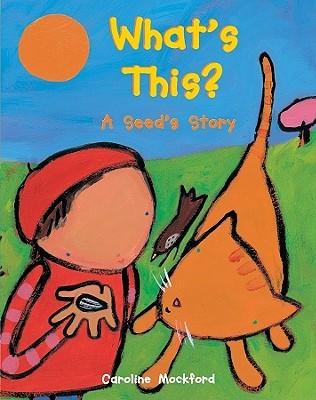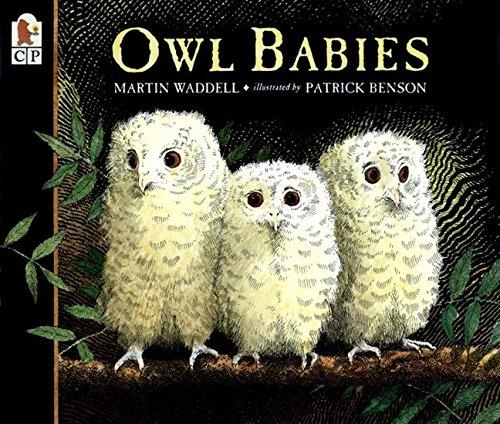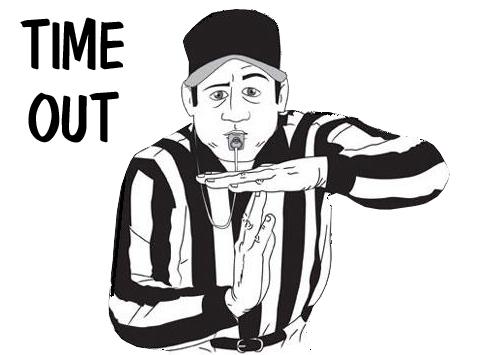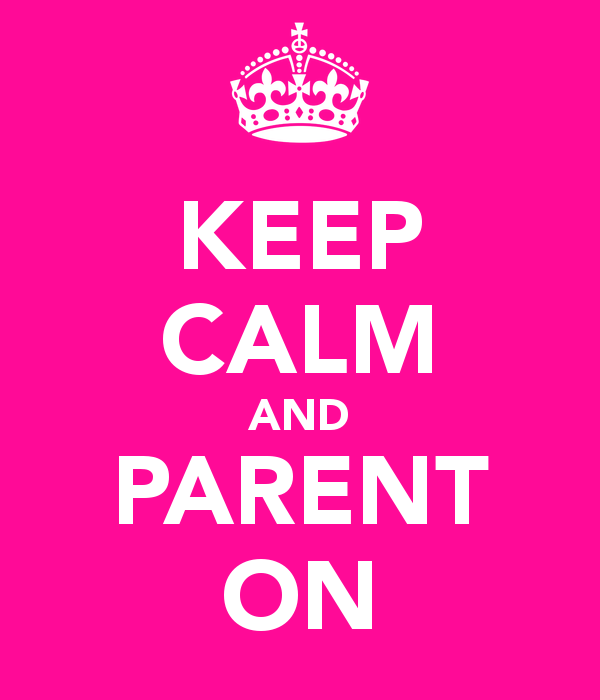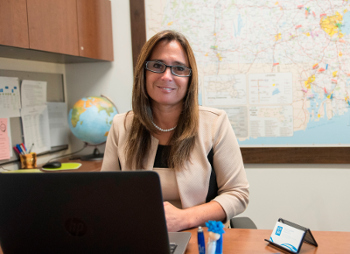Do you have a question about JRI services?
"What's This? A Seed's Story" and activities
What’s This? A Seed’s Story
by Caroline Mockford
Video of Ms. Ellie reading the story.
-
Sensory play: fill a bin with soil, some bigger seeds like sunflower, pumpkin/squash or beans, and small buckets and shovels, or you can fill a tub with grass or bird seed. If you have a magnifying glass, these are great to add to a seed sensory bin. If there are different types of seeds in your bin, your child can sort them in a muffin

